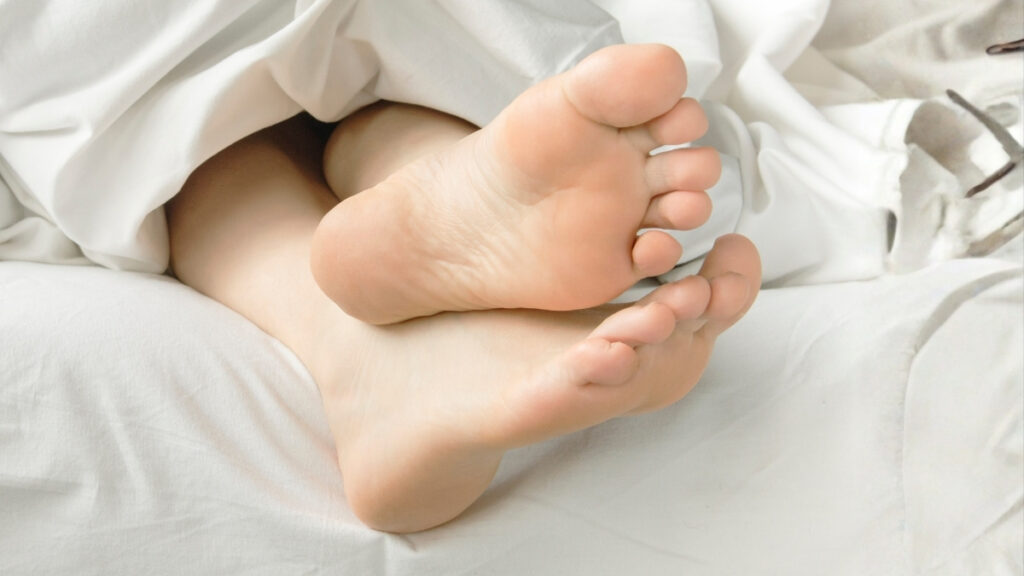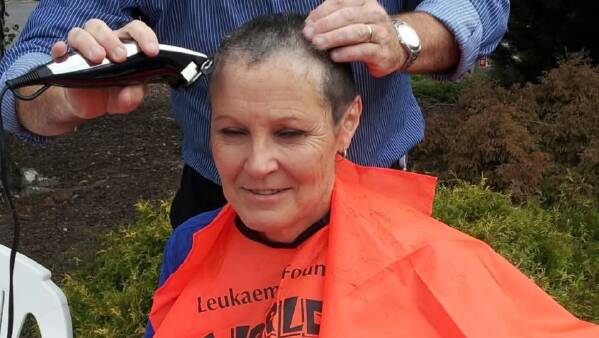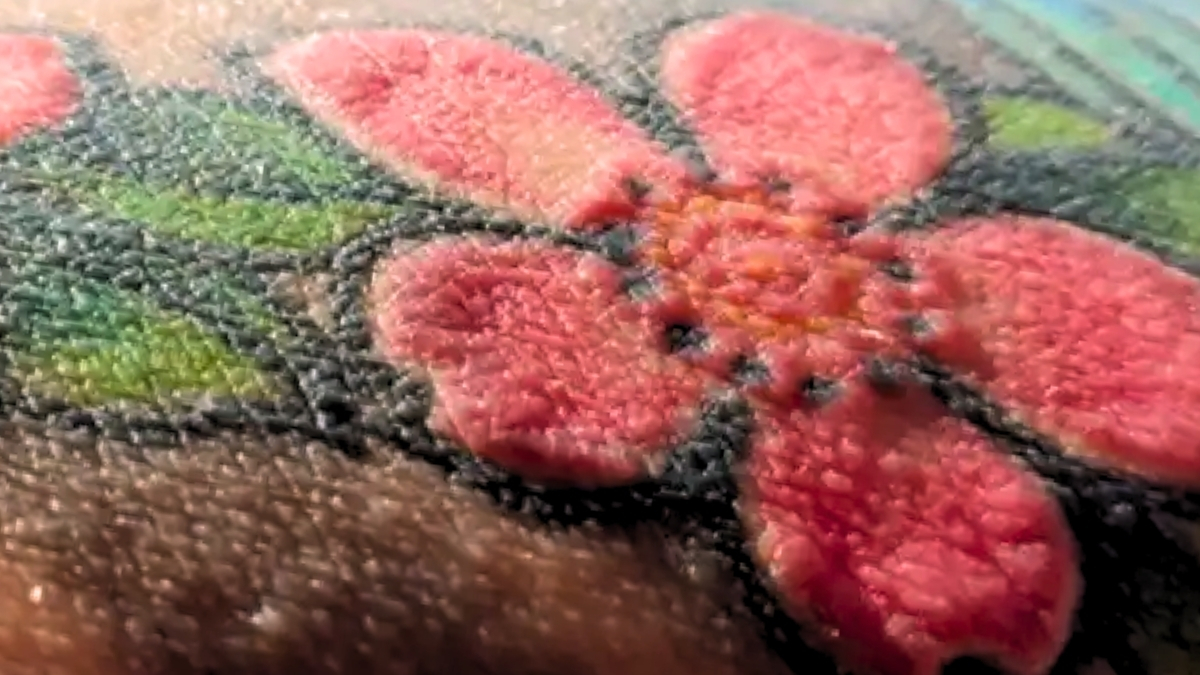
A recent study conducted by researchers at the Kinsey Institute at Indiana University has revealed that approximately one in ten perimenopausal and menopausal women use masturbation to alleviate their symptoms. Published in the journal Menopause, the findings have sparked significant media interest, particularly as they challenge prevailing stereotypes about older women’s sexuality.
The study involved a survey of 1,178 women aged 40 to 65, with researchers categorizing participants based on their menstrual cycle status. Those who reported changes in their periods but had at least one in the previous year were classified as perimenopausal, while those who had not menstruated for a year or more were categorized as menopausal. Notably, around 80 percent of respondents reported having masturbated at some point, and about 20 percent indicated that it helped relieve their symptoms.
For perimenopausal women, the most notable improvements included reductions in sleep difficulties and irritability. Meanwhile, menopausal women reported relief primarily from vaginal pain, bloating, and painful urination. These findings align with previous research suggesting that orgasm can reduce anxiety, improve sleep, and alleviate pain.
Despite the potential benefits, research on masturbation’s health advantages remains limited. Experts propose that the relaxation effects of orgasm, combined with the release of endorphins, may enhance mood and help alleviate discomfort. Additionally, sexual stimulation can promote vaginal lubrication and increase blood flow to the genital area, supporting overall vaginal health.
While the study highlighted masturbation as a potential strategy for symptom relief, it also noted that a small number of women reported worsened symptoms after engaging in the practice. The reasons for this were unclear, suggesting that individual experiences may vary widely.
Stigma surrounding masturbation persists, particularly for women. Although societal views have shifted, many women still associate masturbation with feelings of shame and often refrain from discussing their experiences. This stigma limits the scope of clinical research on its benefits, leading to a notable gap in evidence regarding its effectiveness compared to other interventions like physical activity and stress management.
The findings indicate that women are far more likely to manage menopause symptoms through established strategies such as exercise, dietary changes, or stress reduction, rather than through masturbation. However, many participants expressed that they had never considered masturbation as a potential relief method.
Masturbation is a free and accessible option for many women, yet it is not universally embraced. The study revealed that nearly one in five women surveyed had never masturbated, with this figure being higher among older, menopausal women. Factors contributing to this include generational attitudes, moral or religious objections, and physical barriers related to aging.
There remains a significant communication gap between health professionals and women regarding masturbation. Most participants indicated that they had never discussed the topic with a doctor, yet a substantial portion—about 56 percent of perimenopausal women—expressed willingness to explore masturbation as a treatment option if recommended by their healthcare provider.
While masturbation may not be a one-size-fits-all solution for menopause symptoms, encouraging women to explore it could be a safe and beneficial option. As highlighted by Jennifer Power, Principal Research Fellow at the Australian Research Centre in Sex, Health and Society at La Trobe University, the study underscores that older women do engage in masturbation, and that this practice may offer health benefits.
In summary, the research sheds light on a lesser-discussed aspect of women’s health, suggesting that masturbation could be a viable strategy for managing menopause symptoms for some. However, the conversation around it must be broadened to reduce stigma and increase awareness of its potential benefits.






